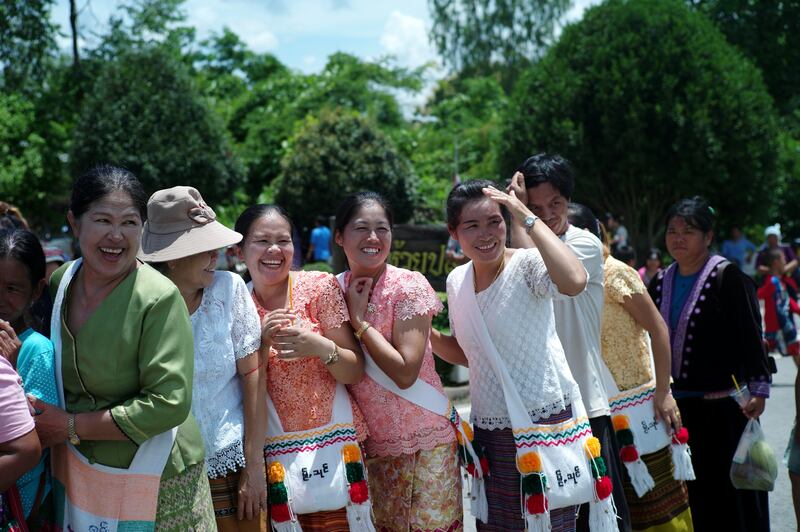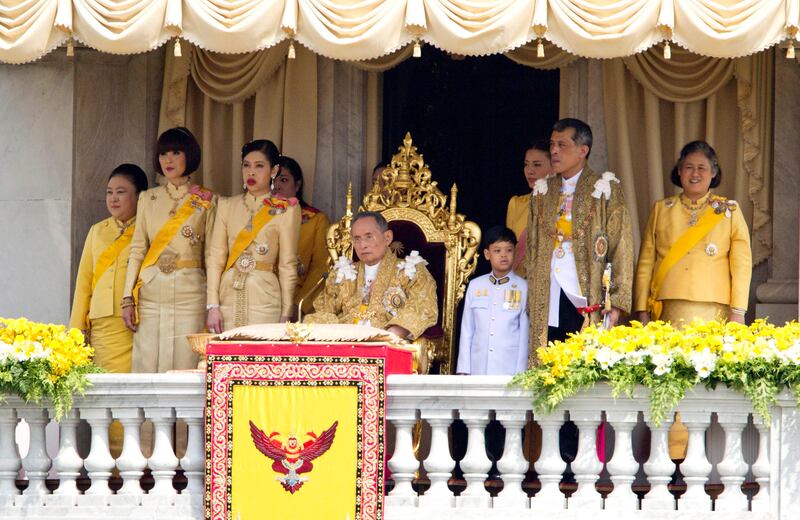Without fanfare but with consequences, Thailand's cabinet in late October approved granting citizenship to nearly half a million stateless people.
It is Southeast Asia’s governance decision of the year – empowering 335,000 long-term immigrants and members of ethnic minorities as well as 142,000 of their children who were born in Thailand.
The decision makes sense. It includes the new citizens in Thailand’s revised tax system set to be implemented next year (allowing for more contributions to the social welfare programs), expands the workforce and helps reduce the demographic pressures from an aging population.
It also addresses a long-standing security problem.
By providing legal documentation for settler communities, the decision reduces illicit activity and corruption concentrated around illegal documentation. Thailand is being forward-looking through grasping that tackling corruption involves reducing opportunities for corruption, especially that which targets vulnerable communities.

This decision also allows security personnel to focus their activities on illegal human trafficking and the region's growing scam problem. Over half a million Thais have been victimized by cybercrime scams since March 2022, with Thailand bordering scam centers in Myanmar and Cambodia.
Most important of all, the decision builds a humanitarian approach towards statelessness.
Last January, Thailand expanded universal health insurance for stateless communities, putting in place healthcare for more than 500,000 people and in the process strengthening public health. Before the recent citizenship decision, around half of the stateless children were also able to access education.
RELATED STORIES
[ Thailand to grant citizenship to nearly 500,000 peopleOpens in new window ]
[ Surge of Myanmar migrants into Thailand comes with grim costsOpens in new window ]
[ Thailand arrests, deports 144,000 Myanmar workers for illegal entryOpens in new window ]
[ Myanmar students in Thailand must renew passports at home, junta saysOpens in new window ]
Southeast Asia has 50% of the world's stateless population. The largest number of undocumented persons is in Malaysia, estimated to be over one million and concentrated in Sabah. Thailand, with her expansion of rights, has been a role model globally for the treatment of stateless persons.
Thailand’s recent citizenship decision may have been unanticipated in its timing and scope, but it has been in the works for more than 20 years.
In 2001, King Bhumibol, Thailand’s monarch from 1946 to 2016, gave a speech that called for equality for those who had lived in the country for a long time. His moral authority opened up discussions on reframing citizenship more inclusively, created space for civil society that is active in addressing discrimination against stateless communities, and created momentum in the expansion of rights.

Under Thaksin Shinawatra’s government, from 2001 until 2006, there were policy shifts that expanded the rights of stateless people, especially children.
Yet, it was the relentless activism of civil society that has been critical in pushing for these rights. Mindsets and practices took time to change.
Two earlier cabinet decisions, in 2010 and 2021, set out criteria for inclusion and signaled wider pathways for citizenship. The decision this year is the most progressive.
Those who would benefit from the cabinet’s decision include long-term immigrants who settled in Thailand from 1984 to 1999 and from 2005 to 2011, children of ethnic minorities in Thailand and children born in Thailand to persons without registration status.
This includes minority settlers from Myanmar and hill tribe communities – among the most vulnerable and discriminated. Labor migrants who have been in Thailand during these time windows can also qualify.
The rest of Southeast Asia should learn from Thailand’s forward-looking example. It is possible to resolve a large group of stateless people sustainably.
Leadership can make a difference, especially when it listens to civil society.
A lens that focuses on children can help change mindsets, as does an appreciation that inclusion can bring broader societal benefits in public health and a stronger economy.
The path ahead will still be challenging for Thailand’s stateless people, who have to apply to the Ministry of Interior. It is not clear how long this process will take. Civil society activists worry it still may take years for individual decisions to be finalized.
Yet, for the communities who now have a pathway to greater security and inclusion, a reason to celebrate finally came.
An independent researcher, Bridget Welsh is an honorary research associate at the Asia Research Institute of University of Nottingham Malaysia in Kuala Lumpur and a Senior Associate Fellow of The Habibie Center. The views expressed here are her own and do not reflect the position of the University of Nottingham Malaysia, The Habibie Center or BenarNews.
